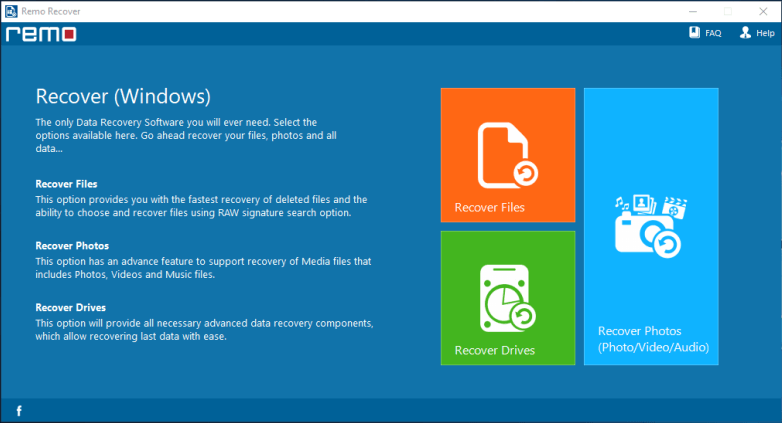

If you're reading/writing a single file, NTFS seems to win hands down. Writing 50 MB of 712 files and 95 folders Multiple tests were done for better accuracy, they were all done with the default allocation size, optimize for performance enabled, and antivirus disabled. Some test results with Nodesoft Disk Bench Drivers can be added to XP for read and write, but cannot format.) (Currently only Windows Embedded CE 6.0, Vista SP1, Server 2008, and Windows 7. Cannot be used for Windows Vista's ReadyBoost capability.Very slow write speed for multiple files.

Requires less disk space overhead than NTFS.Must remove the UFD with the "Safely Remove Hardware" procedure.May decrease the lifespan of the UFD due to additional writes.May have permission issues between users and systems.Access control and permissions (could be a con).Fewer disk accesses than FAT if a file is badly fragmented.No access control and permissions (could be a pro).Maximum file size of 4 GB (minus 1 byte).2 GB volume size limit or up to 4 GB with some OSs.Nodesoft Disk Bench (no synthetic results).In this guide, I will help you to understand the benefits and drawbacks for each of them. Click to expand.This question has been asked many times on NBR, many people are not sure about which one to use or suits their needs.


 0 kommentar(er)
0 kommentar(er)
